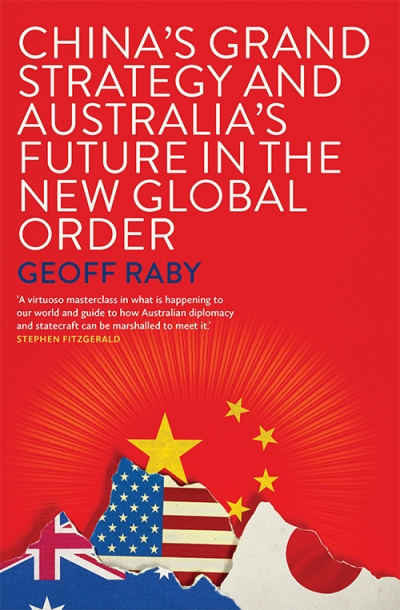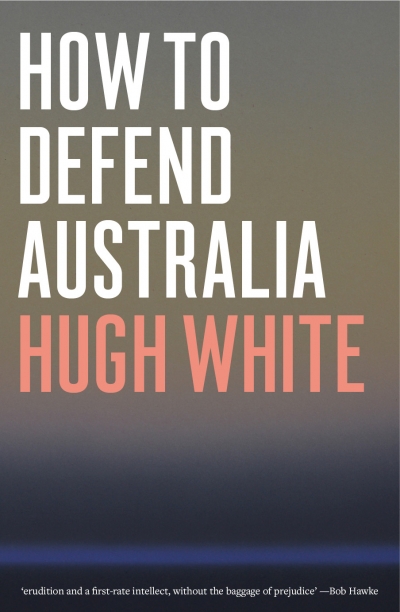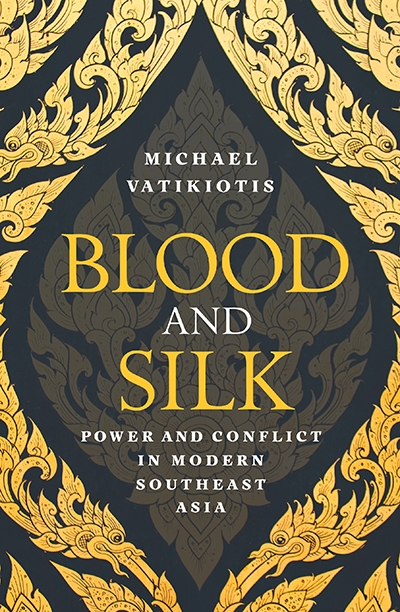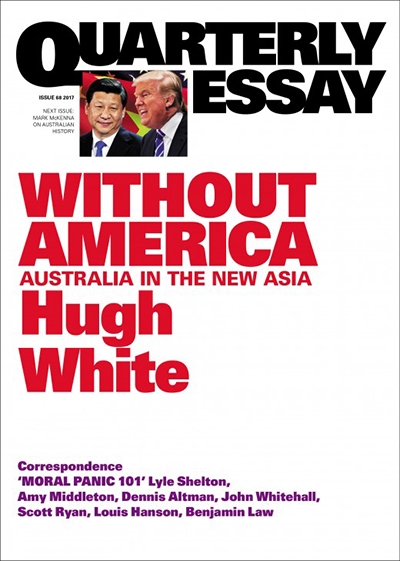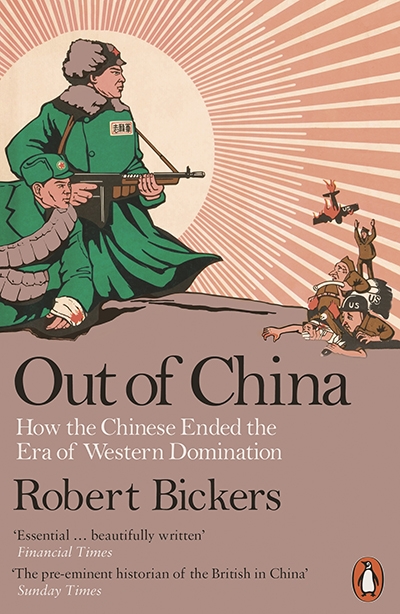Asian Studies
China’s Grand Strategy and Australia’s Future in the New Global Order by Geoff Raby
by Hugh White •
The Four Flashpoints: How Asia goes to war by Brendan Taylor
by Daniel Flitton •
Island Off the Coast of Asia: Instruments of statecraft in Australian foreign policy by Clinton Fernandes
by David Brophy •
Strangers Next Door?: Indonesia and Australia in the Asian Century edited by Tim Lindsey and Dave McRae
by David Fettling •
Silent Invasion: China’s Influence in Australia by Clive Hamilton
by David Brophy •
Blood and Silk: Power and conflict in modern Southeast Asia by Michael Vatikiotis
by David Fettling •
Without America: Australia in the New Asia (Quarterly Essay 68) by Hugh White
by David Brophy •
Out of China: How the Chinese ended the era of Western domination by Robert Bickers
by Andres Rodriguez •
A New Literary History of Modern China edited by David Der-Wei Wang
by Nicholas Jose •


